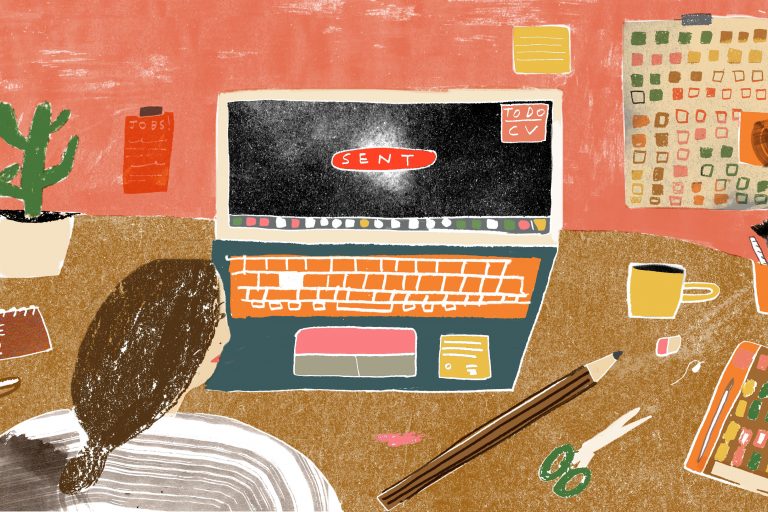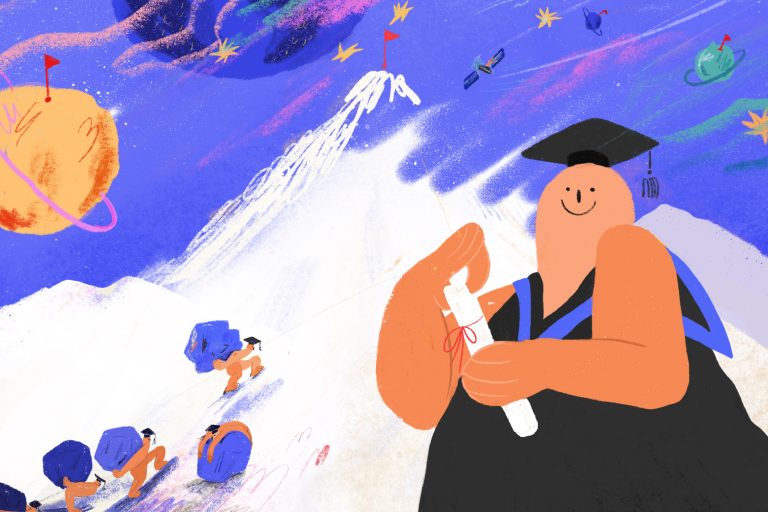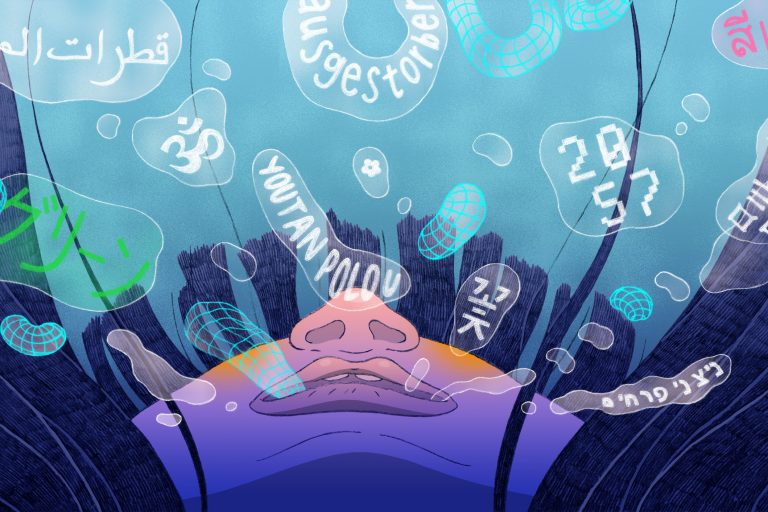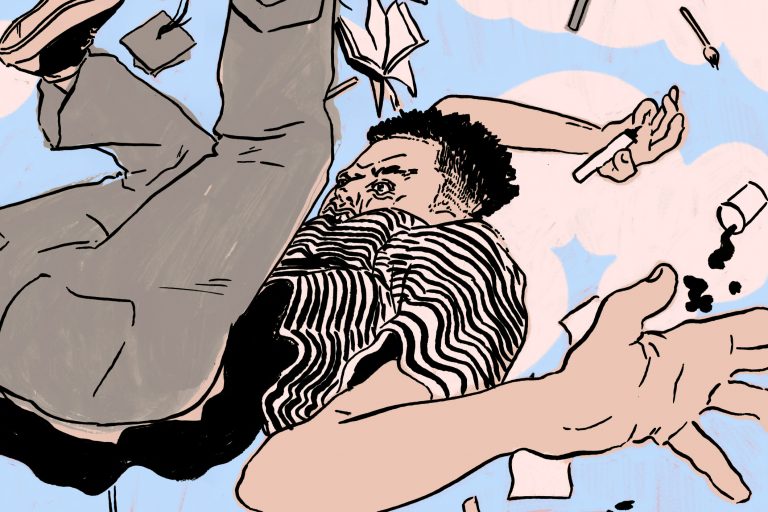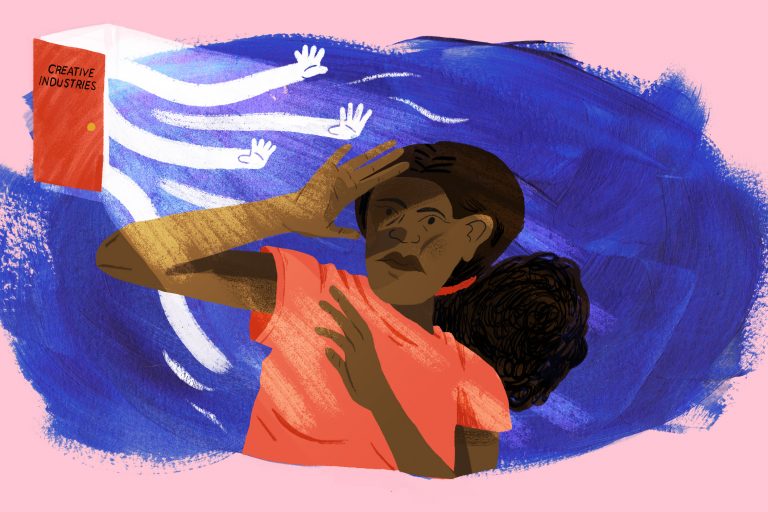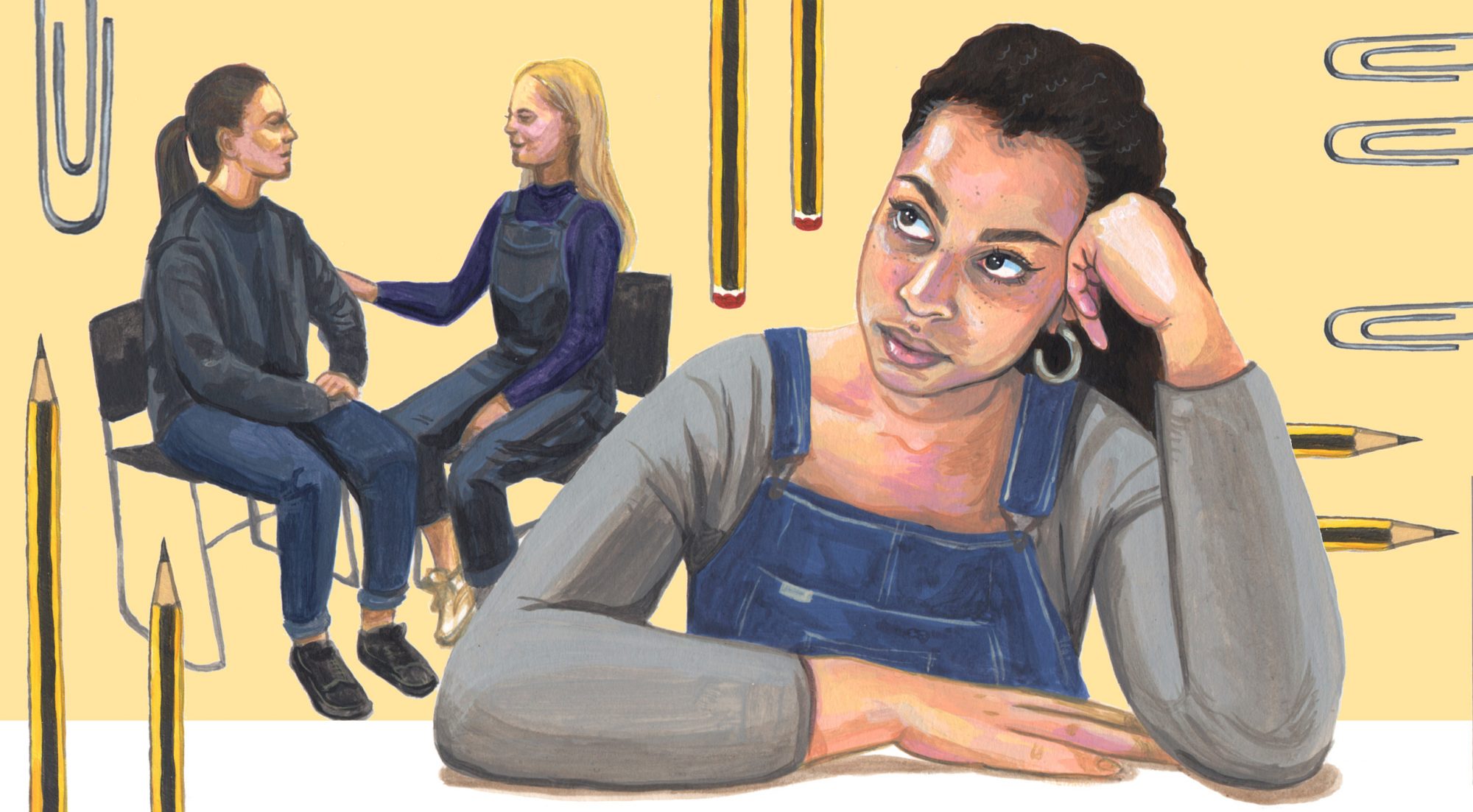
Minority Magic ✨
Nina Danjuma explains what the workplace looks like from a minority perspective and why she's determined to keep bringing Black Girl Magic to the table
Words by Nina Danjuma
Illustration by Nadia Akingbule
Ethnic minority employees were reported by the Department of Digital, Culture, Media and Sport, to make up only 11 per cent of the 32,422 people working in the creative industries in 2016. As for gender representation, only 37 per cent of the creative industries are women. Scary stuff, right? I know. Being both Black and a woman, these statistics make it almost impossible to feel like it’s an industry prepared to welcome my existence.
Young Black women face a number of challenges at work and during my almost two-year stint in advertising, here’s a breakdown of what I’ve found. People think I have it altogether, but that’s because I’ve been taught to keep it together. The truth is that I’ve found confidence a struggle, because at times I’ve wondered if I deserve to be there. People will make racially insensitive comments all the time, I’ve had to choose the ones worth responding to, otherwise I’d be burning all my energy on policing others. What I’ve learnt, though, is that when you draw the line, people will not cross it. Learn how to be clear about what you will and will not allow. As well as laying down ground rules, I’ve also had to fortify my mental state. The psychological burden you carry will weigh you down. My automatic assumption in many cases has been that what I’m experiencing is “a race issue” and whether that assessment is right or wrong, the inevitable result is a build up of unaddressed frustration. It’s something that’s lead to me feeling emotionally and mentally exhausted a lot of the time.
Imposter Syndrome has also plagued me and at times it became my default mode. Many times, I’ve wondered if I’m really equipped to do my job, if I’m actually qualified to be there, just because of who I am. I have had to teach my colleagues how to separate me as a professional and me as a person. It feels like it sometimes becomes my responsibility to make sure I go to the pub for drinks, even if I’d rather be at home, because I don’t want to labelled anti-social or disinterested. I haven’t always felt able to truly be myself unless it serves as an asset to the company. I’ve felt like my viewpoint is only important when it comes to validating the ‘coolness’ of cultural moments on social media. When Man’s Not Hot came out, I was asked things like “Nina, do you think it would it be cool if X brand tweeted the lyrics as a response?” Context and culture go hand in hand, when my colleagues don’t understand this they make assumptions about my proactivity, abilities and attitude to work. They’ve assumed I’m disinterested when in actual fact, I feel isolated, knowing full well that there’s no-one in my professional environment who understands my experience.
These challenges are difficult to identify when you work for a company that does not acknowledge how individual experiences can affect professional performance. When unique perspectives are embraced, there is a real opportunity to make Young Black women (or any ethnic minority) feel valued, included and heard in the creative industries.
There are past and existing programmes that agencies, studios, brands and companies can learn from. One that quite specifically tackles the challenges that I’ve faced in the industry, is The GirlHood, a social enterprise project that believes when girls create culture they change culture. I was a part of their pilot programme and the experience taught me two very big lessons. First of all, that what matters, and is valued most in the creative industries, is owning your individuality. We spent five weeks, exploring the value and importance of establishing your character, creativity and the impact culture makes on creative output. The other lesson — and undeniably the most important — is that when you feel safe, secure and supported at work, there is absolutely nothing you cannot achieve.
Kati Russell and Natalie Rodden had set up a working environment I’d never experienced. They created a space to facilitate growth, confidence and professional development. They cultivated a sense of openness which meant no conversation, topic and question was off limits or stupid. I felt respected, my right to an opinion was validated, my voice was always heard, my ideas mattered and my point of view was constantly sought out. My way of thinking was challenged, I was coached and trained, I was taught and I was listened to. These things made all the difference.
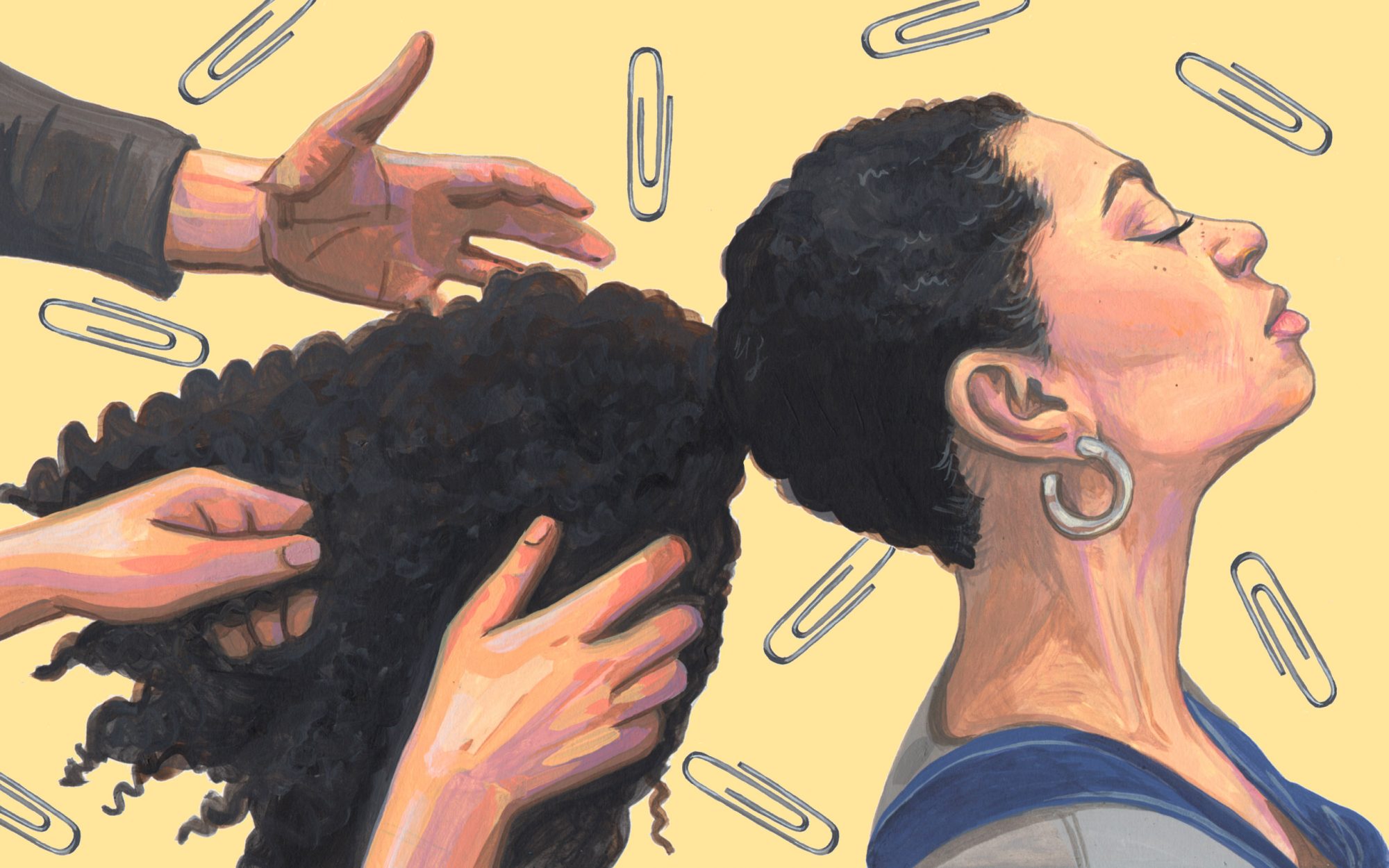
Being able to see yourself in your professional seniors is potentially one of the most important factors to being able to navigate comfortably in a company structure. It can be a frightening feeling when you look around your office and find that there’s no one who looks like you, but I’ve found the balance between allies who look like me and allies who don’t. Having a mentor or manager who listens and is willing to learn about your experience makes all the difference to how you address difficult situations.
My mentors (yes, I have more than one) have been both anchors and compasses for me during difficult times, they have helped me understand that there’s magic in never calling it quits and speaking up for the BAME experience. They’ve taught me that people will not understand your point of view if you do not take the time to share it with them. A lot of the challenges I’ve faced, in hindsight, haven’t come from a place of malice, but from truly not knowing. As strongly as I feel about not becoming a spokesperson for every person of colour, it is also important to create a space for open dialogue. If someone is intrigued about your drastic hair change (I’ve gone from a middle-part-22-inch Peruvian sew-in to natural hair in 24 hours), you explain why it’s not okay for them to pat, stroke, feel or put their hands on or anywhere near your hair if you feel that way.
With movements like #BlackGirlMagic — defined by an editor at Essence Magazine as “A term used to illustrate the universal awesomeness of Black women” and by Nielsen as “an illustration of Black women’s unique place of power at the intersection of culture, commerce and consciousness” — it became extremely difficult for me to accept the idea of having to compromise myself to feel accepted at work. I decided that there was no need to compromise integrity for a pay cheque. The moment you start to feel an overwhelming sense of ‘other’, it’s time to navigate your way out.
Black women in the U.S. like Issa Rae, Yvonne Orji, Shonda Rhimes and Ava DuVernay have created the space for Black Girl Magic to thrive. When I look up, those are the stars I see. Their careers are examples of how, despite times of adversity, you can make magic out of virtually any situation. Issa Rae, actress, writer, director, producer, and web series creator, in particular is an example of being a multifaceted, unapologetic Black woman. Her YouTube series, Awkward Black Girl, propelled her career and led to the creation of the HBO show, Insecure. Both series’ focus on “the complexities of ‘blackness’ and the reality that you can’t escape being Black” Rae told the LA Times. Shows like Insecure remind me that glass, ceilings especially, are meant to be smashed to pieces.
Overcoming challenges as an ethnic minority requires constant work and although it can become a draining process, you have to draw a line and stick to it. No one ever did anything great in their comfort zone, and even with the odds stacked against you, you have to knock obstacles down.
Recently, Will Smith shared the keys to success (sorry DJ Khaled), by explaining the difference between fault and responsibility. He said, very simply: “It don’t matter whose fault it is that something is broken, if it’s your responsibility to fix it. It’s not somebody’s fault if their father was an abusive alcoholic, but it’s for damn sure their responsibility to figure out how they are going to deal with those traumas and make a life out of it.” He goes on to say: “Fault and responsibility do not go together, it sucks. When something is somebody’s fault, we want them to suffer, we want them punished, we want them to pay, we want it to be their responsibility to fix it, but that’s not how it works. As long as we are pointing the finger … we are jammed and trapped into victim mode. When you are in victim mode you are stuck in suffering.”
So, to bring it back, it isn’t my fault that I was born into 400 years of white supremacist ideologies and systemic racism, but it’s for damn sure my responsibility to do the best I can to break that cycle.
It’s my responsibility to fill everywhere I go with a little (a lot of) Black Girl Magic.
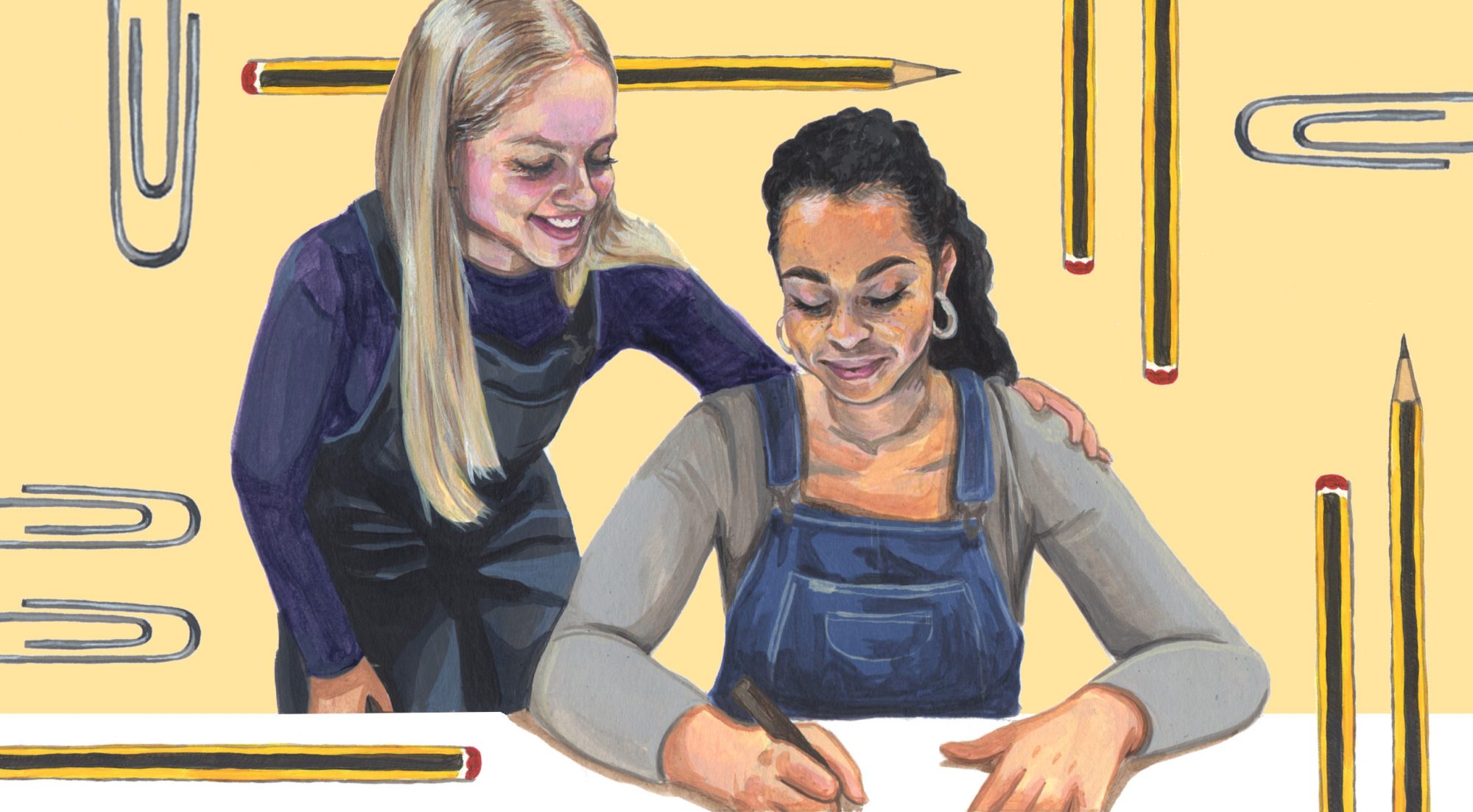
This piece is the second in our four part series ‘Rigged System’, created in partnership with WeTransfer. It’s a project determined to start vital conversations about the current state of the creative industries. If we critique and challenge elements of the workplace, there’s a greater motivation for, and means of, positive change. We believe that inclusive, diverse workplaces are truly creative environments and are united in our mission to help people understand why. Minority Magic is written by Nina Danjuma, a brilliant London-based writer, advertiser and marketeer who you can follow here. Our illustrator is Nadia Akingbule, a painter currently finishing her studies at Manchester School of Art. Follow her Insta here. Part three of ‘Rigged System’ will be published in a fortnight.

